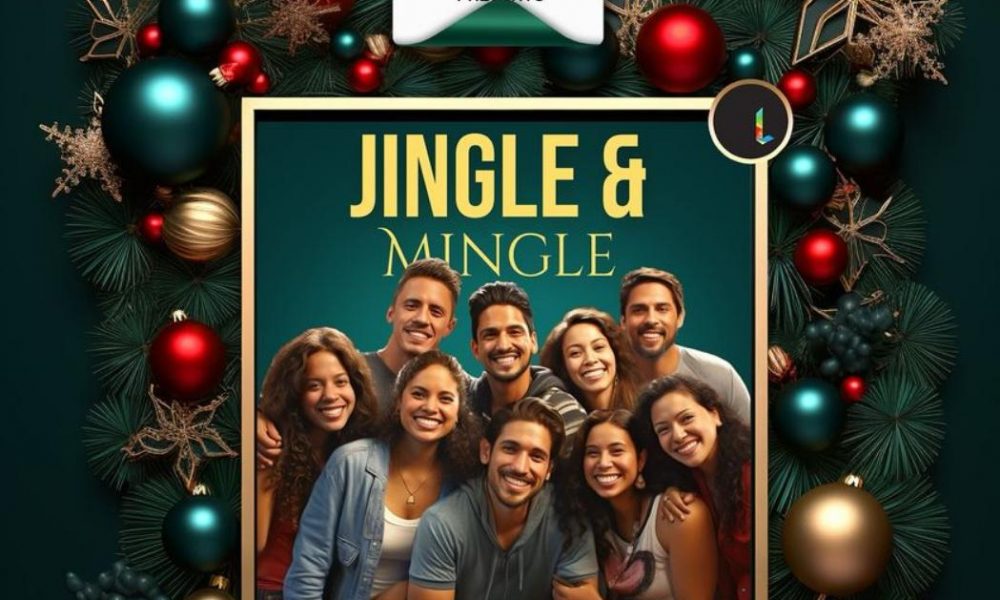LOS ANGELES – The mere fact that LGBTQ people can claim refugee status and seek safe haven in this country based on dangers they face in their home country by anti-LGBTQ forces and laws was a hard fought, massive victory for LGBTQ refugees and one that has only been recently enacted.
In about 70 countries same-sex relations are criminalized and, in six countries, punishable by death. Many LGBTQ refugees and asylum seekers have endured years of exclusion, discrimination, and even violence by family, community, and authorities before being forced to flee home.
Many LGBTQ+ refugees and asylum seekers experience trauma inflicted by circumstances which led to them fleeing their nations of origin. That can have long-lasting mental health effects, including a range of mental health challenges, such as anxiety, depression, and post-traumatic stress disorder (PTSD).
Obtaining asylum status or permanent residency in the United States can also be a traumatizing experience as the process can take years of uncertainty.
Pew Research recently noted that since President Joe Biden took office in January 2021, his administration has acted on a number of fronts to reverse Trump Administration-era restrictions on immigration to the United States.
The steps included plans to boost refugee admissions, preserving deportation relief for unauthorized immigrants who came to the U.S. as children and not enforcing the “public charge” rule that denies green cards to immigrants who might use public benefits like Medicaid.
Scripps News journalist John Mone reported that the United Nations World Refugee Agency that by the end of 2022, close to 110 million people were forcibly displaced around the globe due to violence, persecution or human rights violations.
The Williams Institute at the UCLA School of Law, in its June 2022 report noted:
Only 37 countries formally grant asylum to individuals due to a well-founded fear of persecution on the basis of sexual orientation or gender identity (SOGI).
Studies show that a main obstacle to seeking asylum appears to be lack of awareness that sexual orientation and gender identity constitute viable grounds for an asylum claim.
- Research shows that the process of applying for asylum can itself have deleterious effects on LGBTQI+ persons. One recent study found that asylum applicants experience negative mental
and physical health outcomes and economic insecurity as they wait in a precarious state of uncertainty. - A number of studies show how the requirements for a successful asylum claim require that LGBTQI+ migrants “come out” to present themselves as a sexual or gender minority, but do so in a way that is “credible” and “legible” to asylum adjudicators. One study attributed the cause of most denied SOGI claims to “disbelief of sexual orientation” or “lack of credibility,” which are typically predicated on heteronormative and Western conceptions of sexuality and expectations of queer lifestyles often rooted in stereotypes or prejudice.
- A number of studies point to the challenge posed by adjudicators who may conflate sex with sexuality to the extent that sexual behavior forms a key part of the claimant’s narrative about
their sexual orientation. Applicants without sexual or romantic histories are therefore routinely discredited. - “Proving” one’s identity is particularly challenging for transgender asylum seekers. Adjudicators often rely on outdated medicalized notions of what it means to be transgender in which, to be deemed “valid” and “real,” transgender people must desire and seek out medical intervention.
- Bisexual claimants are often denied asylum due to understandings of bisexuality based on stereotypes, that is, the notion that bisexual migrants can simply choose partners of the opposite sex.
- Documentation of country conditions is critical evidence to demonstrate a fear of persecution.
- The experience of “coming out under the gun” in the course of applying for asylum can be actively retraumatizing for vulnerable migrants.
The changes reportedly under discussion by the Biden administration include placing a cap on asylum seekers, expanding detention and deportation of asylum seekers, creating a Title 42-like policy that would expel those entering the U.S. without the chance to ask for asylum, raising the bar for asylum seekers to prove the danger they are facing, codifying aspects of the asylum ban such as a third-country transit ban for those seeking protection at the border, and restricting asylum based on how asylum seekers enter the country.
These policies will result in many people who could otherwise be eligible for asylum being returned to the very danger they are trying to escape — in direct contradiction of federal and international law.
Then there is also the fiscal reality for LGBTQ+ refugees and asylum seekers. To work legally in the country based on a Pending Asylum Application, asylum seekers are allowed apply for an Employment Authorization Document (EAD) known as a Form I-765, Application for Employment Authorization.
However, this can only be done in the time frame of 150 days after the asylum application has been filed. Many asylum seekers arrive with extremely limited funds and in many cases outside of charitable assistance by organizations, churches or private individuals, find themselves supporting themselves illegally, and in the cases of LGBTQ+ refugees and asylum seekers, this can include sex work which has the potential to lead to human trafficking.
******************************************************************************************
The Los Angeles Blade teamed up with The Latino Outreach and Understanding Division (LOUD) to host a Holiday Party celebrating the journey’s of LGBTQ Asylum Seekers, DACA recipients and undocumented folks.
The event, to be held at HEART WeHo on December 22 at 8 PM, will feature an outstanding panel of affected people from the Latino community who will share their stories.
Gretta Soto Moreno, a Mexican trans woman who is an asylum seeker, seeking safety from the persecution she experienced there. Jesus Paizano is a 22-year-old Venezuelan asylum seeker who is deeply passionate about immigration equality and justice. Hans Vompakerth an undocumented 23-year-old gay man determined to find his American dream. Laura Morales Garcia, a DACA recipient who arrived in this country at 2-years-old and who is fighting to strengthen the rights of people in her category.
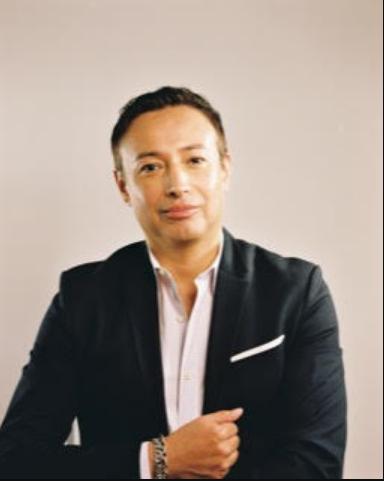
The panel will be moderated by Edwin Millan, a native of Lima-Peru. Edwin is the International President of The Latino Outreach and Understanding Division (LOUD), an affinity group of the AIDS Healthcare Foundation, which addresses the social and health disparities that threaten the Latino Community.
By organizing events like the holiday party, LOUD, an affinity group of the AIDS Healthcare Foundation, establishes a worldwide reach and earns recognition as one of the most influential Latino advocacy organizations.
Gretta Soto Moreno’s journey is a testament to the hardships faced by asylum seekers and the struggles within the U.S. detention system. A transgender woman fleeing years of torment—enduring assaults and threats in Mexico, her home country —sadly found herself suffering similar abuses upon reaching the U.S.
Mexico was not only violent, it was isolating and traumatizing. It’s a hard place to be your authentic self.
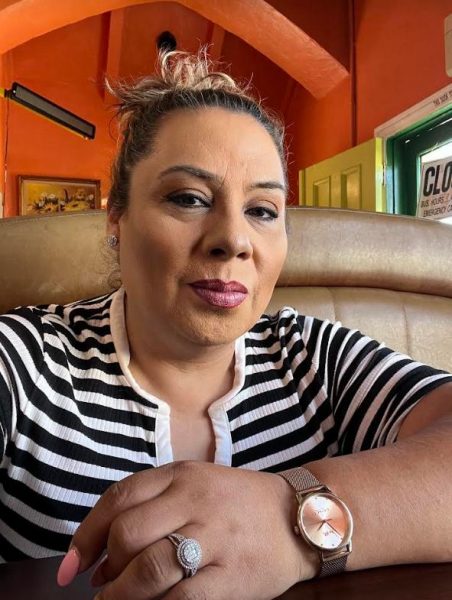
But there were happy moments, like the office Christmas party where she bravely presented herself as Gretta, stunning a Catholic colleague who Moreno says had no idea. “She was shocked because she noticed this ‘pretty woman’ managing the party; I was shocked too because when she realized it was me, she was ecstatic,” Moreno said. “Her reaction was so unexpected and it made me feel special.”
She suffered the passing of her biggest champion when her grandmother passed away. She had been the most protective and supportive force in her life.. “When she died, I felt so alone and lost.. She always knew I was different that the rest of the kids but to her that made me very special.”
Realizing she was alone and that her life would never improve in Mexico, she chose to seek asylum in the U.S.. But, navigating immigration was full of challenges.
Moreno’s alcohol-related arrest and conviction compounded her plea for asylum. And as a trans person having to address past incarceration, things became very complicated, a story echoing the plight of many trans individuals in similar circumstances. “My alcohol convictions made it very hard to convince the immigration judge that my asylum claim was legitimate; and that is really hard because as a trans person, being believed or having your truth questioned is really traumatizing,” she said.
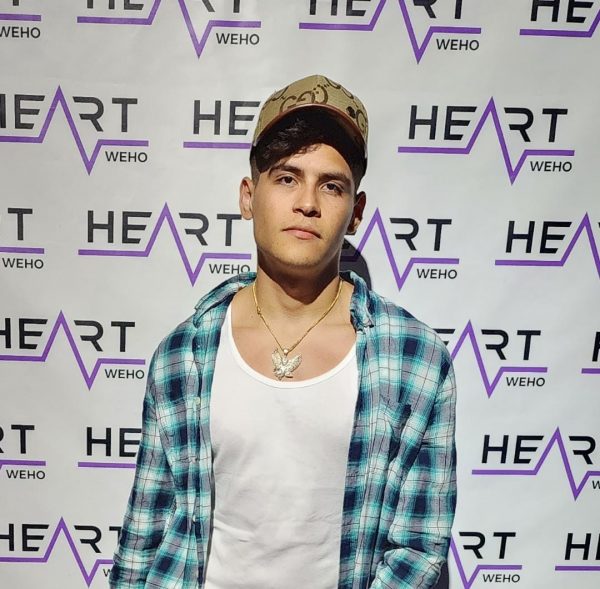
Jesus Paizano is a quick study who rarely misses a detail so, when he sets his sights on something, he confidently goes for it and there’s nothing or no one in his path who can stop him.
“My dad worked with the government of Hugo Chavez, and later president Nicolas Maduro. But he had a dispute with Diosdado Cabello, who is also one of Venezuela’s highest diplomats. My father refused to follow arbitrary orders and in response to that he was politically ruined and removed from office.”
Paizano witnessed first hand the impact that had on his father and his entire family, as the norms of privilege, peace, position, possessions and their sense of safety were taken from them.
Venezuela since 2013, when Jesus was only 12-years-old, has slowly descended into extreme political violence and economic disaster that resulted in a humanitarian crisis and unprecedented exodus: more than 7 million people have fled.
In his teenage years, Paizano realized that his chances of success were very limited and the realization that being gay in a very closeted, macho culture was another strike against him. In fact he knows many young gay men who were victims of antigay violence, some of whom took their lives or who simply disappeared.
Determined to save himself, he became one of the more than 1 million Venezuelan asylum seekers. But the promise of a brighter future outweighed the pain of separation. And, besides, he was young and “never thought of it as goodbye.”
The journey to the U.S. border near San Diego was not as scary as actually crossing into the U.S.. Ever pragmatic, when he saw the police he decided to immediately surrender and begin to make his asylum plea. For the next six months he was routed from detention facility to detention facility.
“Detention was scary at times and I got very sick and also had Covid, but there was something about it that was rewarding,” he said. “There were other gay people there and some trans people and we watched out for one another.”
Eventually, he was connected to a sponsor in Los Angeles who sent him a ticket to LAX. “They picked me up and the first thing we did was go to The Abbey and then to the house. I had never felt such relief in my life.”
Paizano encountered a landscape starkly different from his homeland. The open embrace of his LGBTQ identity stands in stark contrast to the limitations he faced back home.
He says there is a dangerous gap in an immigrant’s ability to get justice through the ordinary court system. He noted “the difference between the rights an immigrant has and those of an American citizen has sets up a gap that can be used to control or manipulate and even exploit people.”
“I love this country and when I become a U.S. citizen, I will honor that as a privilege bestowed by one of the few countries where democracy still survives. But it has to do better to protect the rights of immigrants who are already here,” Paizano said.
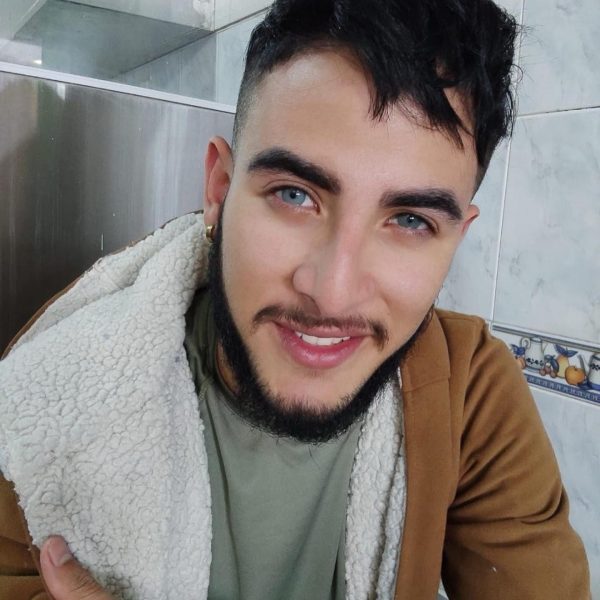
Hans Vompakerth is a 23-year-old gay man from Medellin, Colombia and despite being undocumented, he says he has no fear telling his story.
“There are thousands of people like me and they do not have bad things happen to them, so why would I have to keep it a secret?”
“There were two occasions in which I entered the US near Tijuana. The first time they returned me to the Mexican side of the border,” he says. A year passed and he tried again.
”They captured me and processed me like before, but this time, instead of returning me to the Mexican side, they took me and a group of people in a white government car and left us in the middle of nowhere on the American side! We were left to set about looking for civilization.”
Vompakerth’s determination to come to the U.S. seems to come from his abiding respect and admiration he has for his hard working mother. They are so close that the only person who knew he was going to leave Colombia was her.
“I did it for her. She worked so hard to hold the family together and I guess, as the oldest son, I wanted to make life easier for her and provide for her, my 3 sisters and my younger brother,” he says.
Last March, however, the family suffered tragedy. His younger brother, 20, left home unannounced. After a few days of constant search and worry, the family was informed that his body had washed ashore on a nearby island.
“I felt powerless. I wasn’t able to return or do anything except help with all the expenses,” he said with heartache. “I had to take some comfort knowing that my sisters were there to take care of her while she grieved.”
Despite family pressures, in the U.S., Vompakerth says he has a newfound sense of life that contrasts starkly with the dark challenges he faced back home.
“I feel I am much more respected and accepted by everyone. I feel much more resilient and happy and that has made it possible for me to get through everything. When my brother died, I grieved by working harder and using the money to cover funeral expenses. Everyday, I spent hours on WhatsApp with my mom and I still do.”
So, it wasn’t violence and homophobia that motivated Hans to leave Colombia. “I was never a victim of discrimination or violence in Colombia,” he says. “I fled a situation where there was a scarcity of everything, no resources in general- not even enough food. I lived in constant economic turmoil, even my own health was affected. There were no jobs.
“I didn’t experience violence or homophobia until I set foot in Mexico and had contact with immigration authorities from the U.S.,” he said. “They were awful to me.”
But since arriving in Los Angeles, Hans says he hasn’t experienced discrimination or violence.
“Moving to this country,” he declares, “has changed my life. “Living in the US has helped me pull myself up, to be disciplined, to be sensitive, to learn more, to care more about myself and to help everyone I care about.”
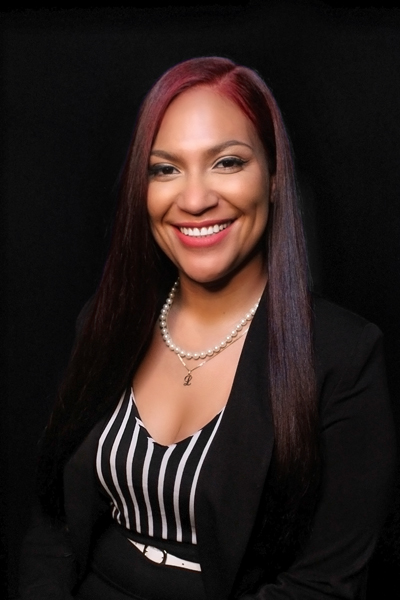
Laura Morales Garcia was born in Durango, Mexico and found her way to Los Angeles, CA at the young age of 2 years old, arriving with her undocumented family.
She has spent a lifetime advocating for DACA recipients and is one of the leading experts on the issue and a noted advocate. She graduated from Los Angeles High School and was the first in her family to attend college, obtaining her degree in Clinical-Psychology.
Garcia is devoted to public service and works to educate high school students on the LGBTQ+ community.
She is an AHF Ambassador and AHF Pharmacy Representative & Community Liaison for prevention and care of HIV.
